detail profile joaqu c3 adn climent
Peran Yang Di Mainkan Joaquín Climent
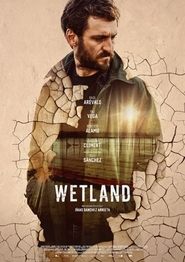 As a severe drought punishes the...
As a severe drought punishes the...Wetland 2021
As a severe drought punishes the vast expanses of rice fields in eastern Spain, the natural region of Laguna Blanca is named a Nature Preserve. A prestigious biologist, Ricardo, arrives in San Pedro to protect it. His family, however, is going through tough times but Ricardo is convinced that a change in their lives will help them move on. And it’s also an opportunity to get back to his roots, to his origins, to where he grew up as a boy and to reclaim this spot that had been buried in his fondest memories. Ricardo’s mission is to hinder the abusive and illegal use that everyone makes of the lagoon. But pressure and threats from the locals just keep getting worse. They consider Ricardo a traitor because all they are trying to do is defend their existence and their livelihood. Ricardo eventually comes to the realization that his life and that of his family are in danger.
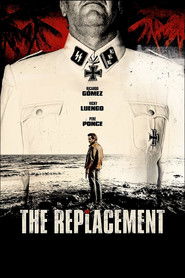 Spain 1982 Andrs Expsito a young police...
Spain 1982 Andrs Expsito a young police...The Replacement 2021
Spain, 1982. Andrés Expósito, a young police inspector, accepts a posting in Denia, a small town on the Mediterranean coast, in the hope of leading a quieter life and that the natural environment will help improve the fragile health of his daughter; but once in his new post he becomes involved by chance in the investigation of the strange death of the inspector he has come to replace.
 How does the vision of the...
How does the vision of the...Berlanga!! 2021
How does the vision of the brilliant Spanish filmmaker Luis García Berlanga (1921-2010) remain relevant in a time whose popular culture has little to do with his own? Since to understand the secrets of an artist it is essential to know the person behind, his family, his friends, his collaborators, as well as prestigious filmmakers and actors trace a collective portrait of a creator as singular as he is universal.
 Sara Luca Sofa and Claudia are...
Sara Luca Sofa and Claudia are...Despite Everything 2019
Sara, Lucía, Sofía and Claudia are sisters, 4 modern women with very different personalities, who come together at their mother's funeral, after which they discover the man they've all called "dad" throughout their lives is not really their father. They embark on a quest to discover who their real fathers are, discovering more about themselves, their mother, and their lives.
 In downtown Madrid a series of...
In downtown Madrid a series of...The Bar 2017
In downtown Madrid, a series of mysterious gunshots trap a motley assortment of people in a decrepit bar.
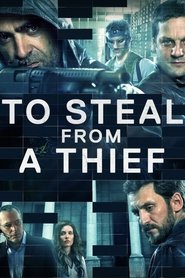 Valencia Spain On a rainy morning...
Valencia Spain On a rainy morning...To Steal from a Thief 2016
Valencia, Spain. On a rainy morning, six armed men in disguise assault a bank. But what seemed like an easy heist, quickly goes wrong with nothing unfolding as planned, and mistrust quickly builds between the two leaders of the gang.
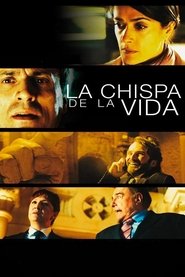 Roberto is an unemployed publicist who...
Roberto is an unemployed publicist who...As Luck Would Have It 2011
Roberto is an unemployed publicist who achieved success when he thought of a famous slogan: "Coca-Cola, the spark of life." Now he is a desperate man, trying to remember the happy days, back to the hotel where he spent the honeymoon with his wife. However, instead of the hotel, he finds a museum built around the Roman theater in the city. While walking through the ruins, he has an accident, an iron rod sticks into his head and leaves him completely paralyzed. If he tries to move he would die. Roberto becomes the focus of the media, which will change his life ...
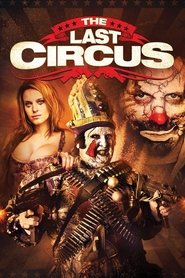 A trapeze artist must decide between...
A trapeze artist must decide between...The Last Circus 2010
A trapeze artist must decide between her lust for Sergio, the Happy Clown, or her affection for Javier, the Sad Clown, both of whom are deeply disturbed.
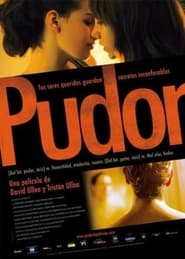 Pudor is about intimacy about the...
Pudor is about intimacy about the...Modesty 2007
Pudor is about intimacy, about the desires, obsessions, secrets and fears that we keep hidden, even from those we love most. The characters in this story are a man who is going to die, a woman who receives anonymous erotic notes, an older man who is offered a last chance at falling in love, a teenager struggling to handle the doubts generated by puberty and a small boy who sees ghosts. As is the case in many families, in spite of living together, all the characters in Pudor are alone.
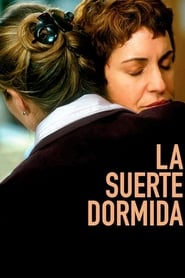 Amparo a lawyer working as an...
Amparo a lawyer working as an...Sleeping luck 2003
Amparo, a lawyer working as an advisor in an insurance company in Madrid is grieving over a traumatic event in her past. She will have to react, however, to the world surrounding her when a young man of her acquaintance dies mysteriously while working in a mine. Amparo will take over his case and discover in the process a world of corruption and illegal measures taken by the company that the young man worked for.
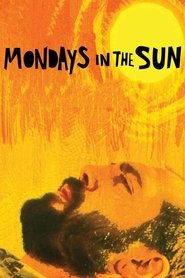 After the closure of their shipyard...
After the closure of their shipyard...Mondays in the Sun 2002
After the closure of their shipyard in Northern Spain, a few former workers: Santa, José, Lino, Amador, Sergei and Reina keep in touch. They meet mainly at a bar owned by their former colleague Rico. Santa is the most superficially confident and unofficial leader of the group. A court case hangs over him relating to a shipyard lamp he smashed during a protest against the closure. José is bitter that his wife, Ana, is employed when he is not.
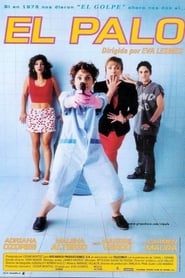 Lolas a single mom broke working...
Lolas a single mom broke working...The Hold-Up 2001
Lola's a single mom, broke, working as a janitor and maid. Silvia is pregnant, and her lover (her boss) won't leave his wife. Maite, newly a widow, discovers she's penniless but wants to maintain appearances and give her daughter a fancy wedding, and Pecholata, a punk kid living in a youth center, will soon be turned out on the streets. Lola, who cleans a bank every morning, decides to rob it, convincing the others to join her: they'll use replica guns, dress as men, take Silvia hostage, and all will be smooth. But things go awry, including the fact that Lola's ex, Gustavo, is a cop. Desperation may be the mother of invention - and a corrupt bank manager its father.
 Three students are sent by their...
Three students are sent by their...Kisses for Everyone 2000
Three students are sent by their families to Cadiz in 1965, his last chance to pass and become what is expected of them. The appearance of some dancers disrupts their commitments: boys lose the course and girls, their work. But together they learn to decide their future.
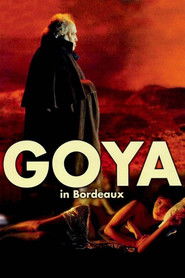 Francisco Goya 17461828 deaf and ill lives...
Francisco Goya 17461828 deaf and ill lives...Goya in Bordeaux 1999
Francisco Goya (1746-1828), deaf and ill, lives the last years of his life in voluntary exile in Bordeaux, a Liberal protesting the oppressive rule of Ferdinand VII. He's living with his much younger wife Leocadia and their daughter Rosario. He continues to paint at night, and in flashbacks stirred by conversations with his daughter, by awful headaches, and by the befuddlement of age, he relives key times in his life.
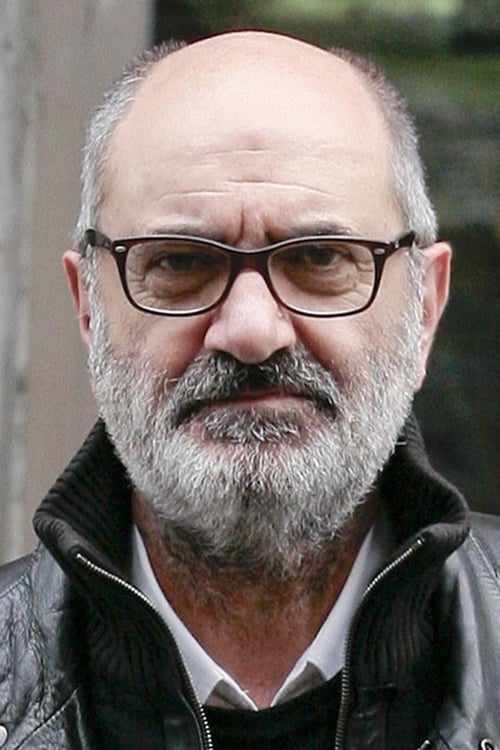
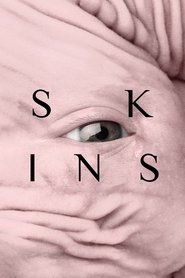 In a strange world where people...
In a strange world where people...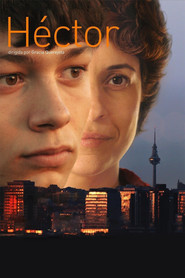 Adolescent Hector faces a major lifestyle...
Adolescent Hector faces a major lifestyle...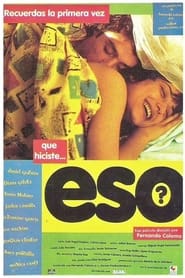 Since he began to work Domingo...
Since he began to work Domingo... When American author Nicholas brings in...
When American author Nicholas brings in...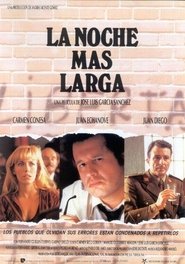 Fifteen years after the plot a...
Fifteen years after the plot a...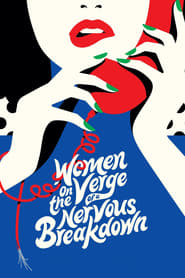 Pepa resolves to kill herself with...
Pepa resolves to kill herself with...